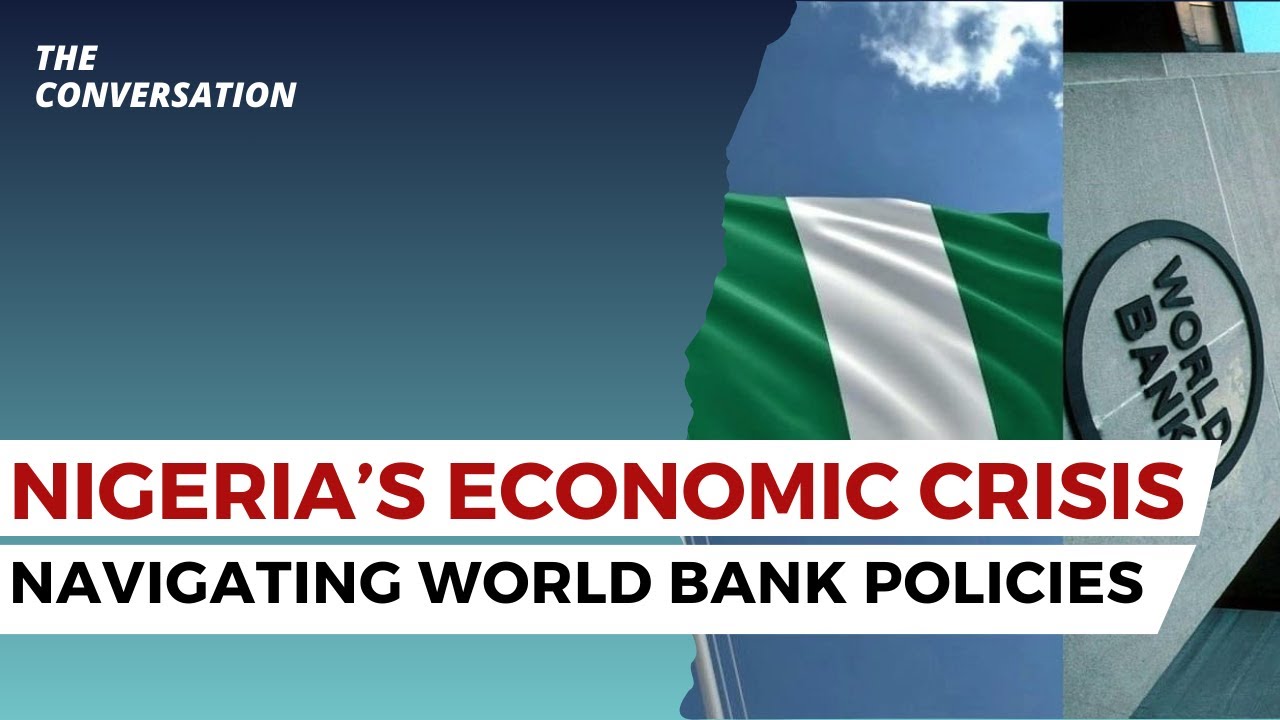As the dust settles on the 2025 Spring Meetings of the International Monetary Fund (IMF) and the World Bank in Washington, DC, Nigeria finds itself at the center of a heated debate; one that pits the confident narrative of economic revival by the administration of President Bola Tinubu against the real, sobering assessments from global financial institutions.
Led by the Coordinating Minister of the Economy and Minister of Finance, Wale Edun, and Central Bank Governor, Olayemi Cardoso, the Nigerian delegation in Washington DC, presented an upbeat account of the nation’s economic trajectory. At a joint press briefing, the officials declared that Nigeria had turned a corner, lauding reforms such as the removal of fuel subsidies, exchange rate unification, and ongoing macroeconomic adjustments. They cited stabilizing indicators, improved investor confidence, and projected a robust 7% growth rate – painting a future of resilience and rebound.
“We are on course,” Edun said, asserting that international stakeholders now view Nigeria’s economic reforms as credible and foundational to sustainable prosperity. CBN Governor Cardoso added that speculative arbitrage – a perennial problem in the currency market – had been tamed, and foreign exchange inflows were diversifying beyond oil revenue. Yet, this optimism is not shared by all.
Contrasting Diagnoses: What the Bretton Woods Institutions Say
The World Bank and IMF, while acknowledging certain policy strides, voiced deeper concerns about the long-term health of Nigeria’s economy. Their outlooks, grounded in hard data and regional trends suggest a more measured recovery marked by persistent inflation, slow structural reforms, and rising poverty and unemployment.
According to the World Bank, Nigeria’s economy is expected to grow moderately – 3.6% in 2025, up slightly from 3.4% in 2024. The gains are anticipated in non-oil sectors like telecoms, financial services, and a gradual oil production recovery. A slight improvement in the current account balance is also projected, owing to increased remittances and higher oil exports. But even these modest improvements are tempered by serious concerns. The World Bank estimates that 106 million Nigerians now live in extreme poverty, defined as surviving on less than $2.15 a day. This staggering figure represents 15% of the world’s extremely poor population, positioning Nigeria as the epicenter of global poverty.
The IMF’s assessment is starker. It forecasts inflation to average 26.5% in 2025 and warns of a potential spike to 37% in 2026 if structural inefficiencies persist. These include fragile supply chains, exchange rate instability, and the rising cost of living – factors that disproportionately affect Nigeria’s poorest citizens.
Reforms: Necessary but Painful
There is little disagreement that reforms were needed. Fuel subsidy removal and exchange rate unification were long recommended to curtail fiscal leakage and align the naira more closely with market realities. However, the implementation has come at a steep social cost. In cities and villages across the country, citizens report skyrocketing food prices, rising transport costs, and dwindling purchasing power. Public frustration has boiled over into sporadic protests, while humanitarian organizations warn of growing food insecurity and malnutrition.
The disconnect between macroeconomic reform and microeconomic reality is now one of the biggest challenges confronting the Tinubu administration. While policy shifts may make Nigeria more attractive to investors on paper, their uneven rollout and lack of social buffers have deepened existing inequalities.
A Call for Inclusive Solutions
Amid these diverging views, experts and civil society actors are urging the Nigerian government to bridge the gap between reform and relief. Dr. Muda Yusuf, CEO of the Centre for the Promotion of Private Enterprise (CPPE), notes that rising poverty is not inevitable – “It’s conditional,” he says.
“If the government addresses the rising cost of living, especially food, energy, and transport, more people will escape the poverty trap,” Yusuf asserts. He also highlights the need for better macroeconomic management and enhanced productivity to stimulate real, inclusive growth.
ActionAid Nigeria, a civil society group, is calling for expanded social protection: universal cash transfers, food support, and targeted investments in smallholder agriculture. The group warns that without such measures, reforms will remain an abstract exercise, disconnected from the daily struggles of ordinary Nigerians. They point to neighboring countries like Niger, where strong investment in agriculture is projected to significantly reduce poverty in the coming years. Nigeria, they argue, can do the same, if political will aligns with policy intent.
Striking a Balance
Therein lies the paradox. Nigeria’s economic trajectory is not without hope – but it is far from triumphant. The current reforms, though commendable in ambition, must be tempered by compassion and backed by policies that prioritize the welfare of the most vulnerable. Bold reforms without safety nets risk fueling further discontent and undermining the very goals they were designed to achieve.
The path forward must reconcile the government’s bullish narrative with the lived realities of its citizens. Nigeria’s future cannot be built on GDP projections alone – it must be grounded in dignity, opportunity, and shared prosperity. In the end, the story of Nigeria’s economy remains unwritten. It can still be one of recovery -but only if the voices of the poor are not drowned out by the applause of the powerful.





